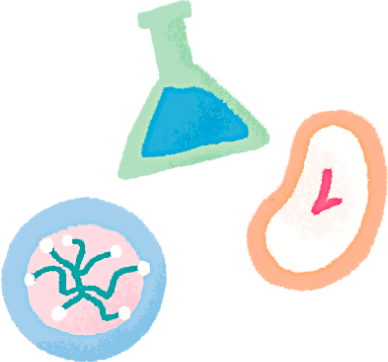Type Of Media:医薬業界紙
Publication/Magazine/Media:医薬通信社
Development of Nanomachine with Wine Ingredients Overcomes Hepatotoxicity and Other Side Effects of Gene Therapy for the First Time in the World
Summary:
The research team led by Assistant Professor Yuji Honda from the Nano Medical Innovation Center (iCONM) and Tokyo University of Science has developed a new smart nanomachine equipped with adeno-associated virus vectors (AAV) and successfully overcome "reduced gene delivery efficiency due to neutralizing antibodies" and "hepatotoxicity" using mice. This nanomachine combines tannic acid, found in wine and tea, with a polymer made from phenylboronic acid, demonstrating the ability to maintain gene delivery activity even in the presence of neutralizing antibodies and to suppress accumulation in the liver.
AAV is used in gene therapy; however, many adults possess neutralizing antibodies, which limit the eligible patient population. Additionally, high doses of AAV can exhibit toxicity to the liver and kidneys. This research successfully utilized the properties of tannic acid to load AAV onto the nanomachine, enhancing gene delivery efficiency. With the use of the nanomachine, the gene delivery efficiency of AAV improved to approximately 50-60%, while hepatotoxicity was reduced to below 10%.
Furthermore, by combining microbubbles with focused ultrasound irradiation, the efficiency of gene delivery to the brain was increased sixfold. This nanomachine is easy to prepare and suitable for clinical applications. Further structural optimization is expected to enhance the ability to evade neutralizing antibodies, allowing for multiple administrations of AAV.
http://iyakutsushinsha.com/2025/02/10/ワイン成分搭載ナノマシン開発で肝毒性等遺伝子/

